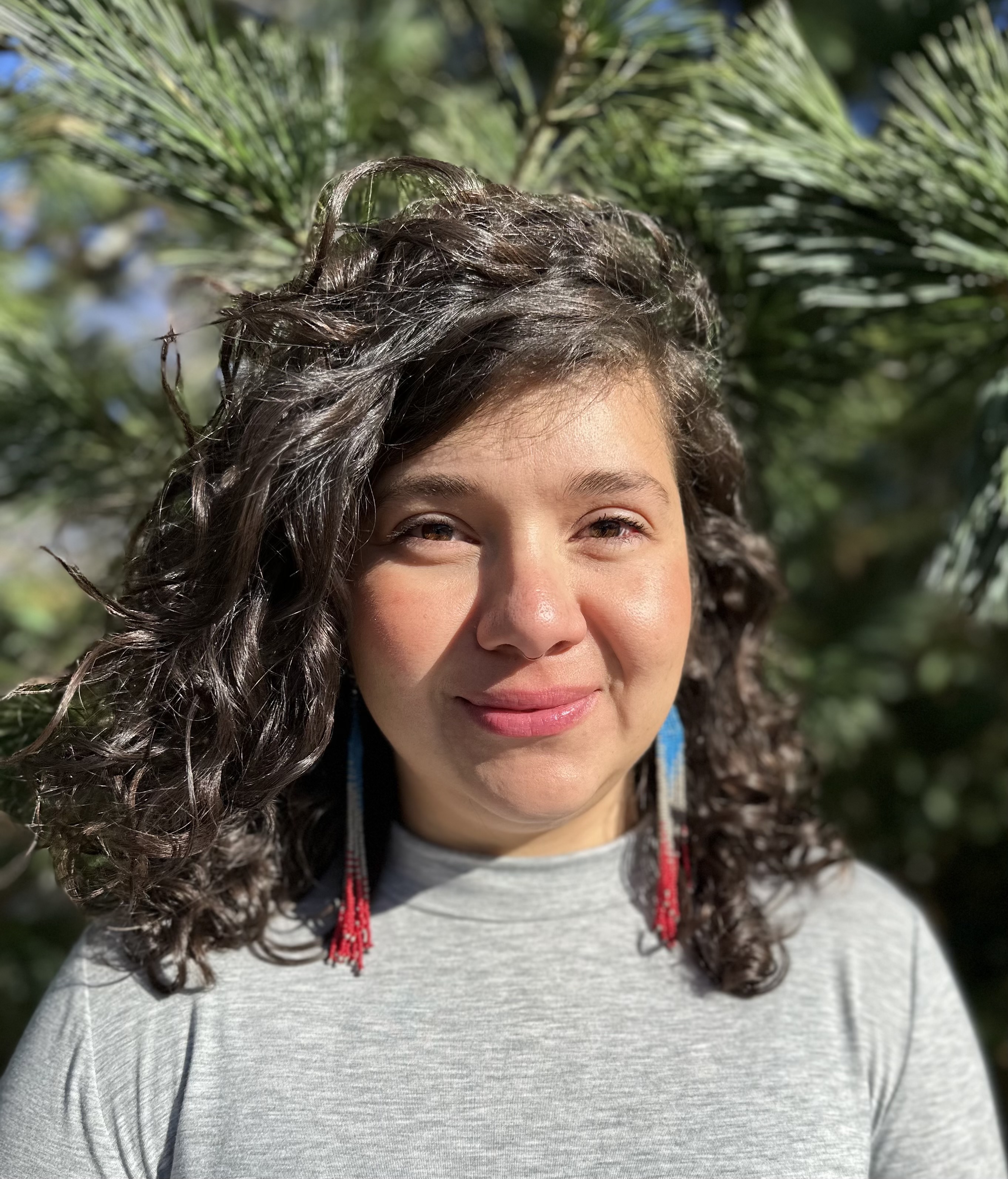- About
- Affiliates
- Join
- Publications
- Estuaries and Coasts
- CERF's Up! Quarterly Bulletin
- Coastal & Estuarine Science News (CESN)
- CERF-Lit
- Advertising
- Programs & Events
- Inclusive Culture
- Communities
Event Calendar
|
2024 September Webinar: Reframing fishing access as a food access issue: Towards more holistic fisheries management in the Ocean State
Wednesday, September 11, 2024, 10:00 AM - 11:00 AM PDT
Category: CERF Events & Webinars
Reframing fishing access as a food access issue: Towards more holistic fisheries management in the Ocean StatePresenter: Melva Treviño
Wednesday, 11 September 2024
10:00 – 11:00 AM PT | 1:00 – 2:00 PM ET CERF Members: Free
Non-Members: $25 Registration information coming soon! Interested in a past webinar? CERF members can access all available webinar recordings in the Webinar Library (login required)!
About the Webinar
Understanding how different groups utilize natural resources across gender, racial, ethnic, and cultural divides is becoming increasingly important as coastal researchers learn more about how people’s identities and social positions inform how they experience and connect to the environment. Regarding capture fisheries, the number of fish and species harvested depends on local management and regulations. However, culture, ethnicity, and race also strongly influence how, why, and what people catch and their seafood consumption rates and preferences. In this talk, I will share findings from various studies I have conducted in Rhode Island – the “Ocean State” – focused on investigating how and why members from marginalized ethnic and racialized (MER) communities seek access to coastal resources and the barriers they encounter in doing so. A primary objective of this work has been to identify how and why MER fishers seek to improve their food security and overall well-being by fishing in coastal waters. To effectively engage with members from MER communities, I have been working to establish research partnerships with locally-based community-based organizations serving diverse MER groups across Rhode Island. I will share insights from this process and how these partnerships can help researchers produce better community-centered scholarship and uncover societal issues that might otherwise remain overlooked. The results from focus groups, structured, and unstructured interviews with recreational fishers from MER backgrounds illuminate areas of disconnect between government agencies and MER groups, including fishing regulations and licensing, and community knowledge and perceptions of environmental quality and public health risks. These findings can inform new and more equitable policy opportunities that strategically reduce barriers to coastal access, particularly for MER groups, and foster local food system resilience by highlighting underutilized species and the contributions of locally caught fish to local and regional food security. About the Presenter
Registration information coming soon!
Interested in a past webinar? CERF members can access all available webinar recordings in the Webinar Library (login required)!
|

 Prev Month
Prev Month View Month
View Month Search
Search Go to Month
Go to Month Next Month
Next Month
 Export Event
Export Event